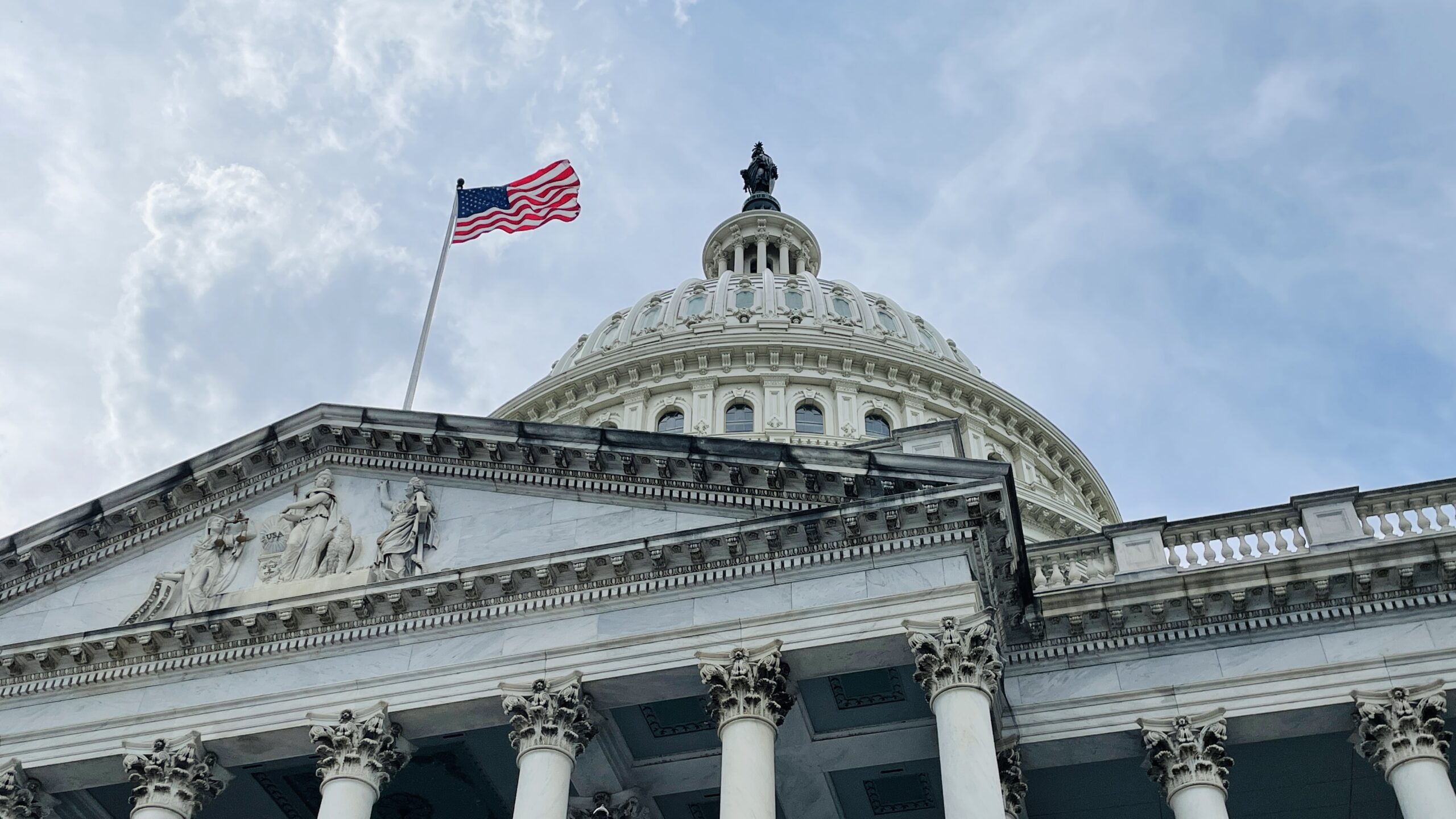After initially surfacing in Senate amendments to the “One, Big, Beautiful Bill” (OBBB), the proposed expansion of the Qualified Small Business Stock (QSBS) exclusion is now law. This powerful tax incentive allows non-corporate investors to exclude most or all capital gains on stock in certain C corporations. As the federal government signed sweeping reforms into law on July 4, 2025, New Jersey also stepped in with its own QSBS updates. From holding period tweaks to higher exclusion limits and a broadened asset threshold, Section 1202 has been reengineered for a new era of small business investment. Here’s what’s changing and what it means for your portfolio.
Federal Qualified Small Business Stock Exclusion (Effective for Stock Issued After July 4, 2025)
Recent federal changes significantly expand the benefits for QSBS investors:
- Lifetime Exclusion Increased: The per-issuer exclusion jumps from $10 million to $15 million for stock issued after July 4, 2025.
- Inflation Indexing: The $15 million cap will now be indexed for inflation, ensuring its value keeps pace with economic growth.
- Broader Qualification Threshold: The aggregate gross assets test—used to determine small business status—rises from $50 million to $75 million, with an inflation adjustment added.
- Partial Exclusions for Mid-Term Holds:
- 50% exclusion for stock held 3 years
- 75% exclusion for stock held 4 years
- 100% exclusion for stock held 5 years or more (retained from previous law)
These updates make QSBS more accessible to investors and more compatible with the capital-raising needs of high-growth startups, while offering flexible tax advantages for varying investment timelines.
New Jersey Qualified Small Business Stock Exclusion (Effective in 2026)
New Jersey’s Assembly Bill No. 4455 introduces a long-awaited state-level QSBS tax break. After fully adopting IRC Section 1202, New Jersey’s law now aligns state tax treatment with Federal policy and will be effective for tax years beginning in 2026. In addition to aligning with federal regulations, New Jersey has adopted policies similar to those of neighboring states, which may provide local startups with additional advantages.
Closing Thoughts
Together, the federal and New Jersey QSBS updates represent a bold step toward fostering innovation and entrepreneurship. Investors now enjoy stronger incentives to support emerging businesses. While the federal changes expand eligibility and flexibility nationwide, New Jersey’s new law removes a longstanding barrier to tax-efficient investing at the state level.
Overall, these reforms offer a clearer, more rewarding path to building and scaling the next generation of emerging business success stories for founders, employees, and early-stage backers alike. As always, careful tax planning and compliance will be essential to maximizing the benefits of this evolving landscape.
If you have any questions or require further information, please don’t hesitate to contact your WG advisor.




